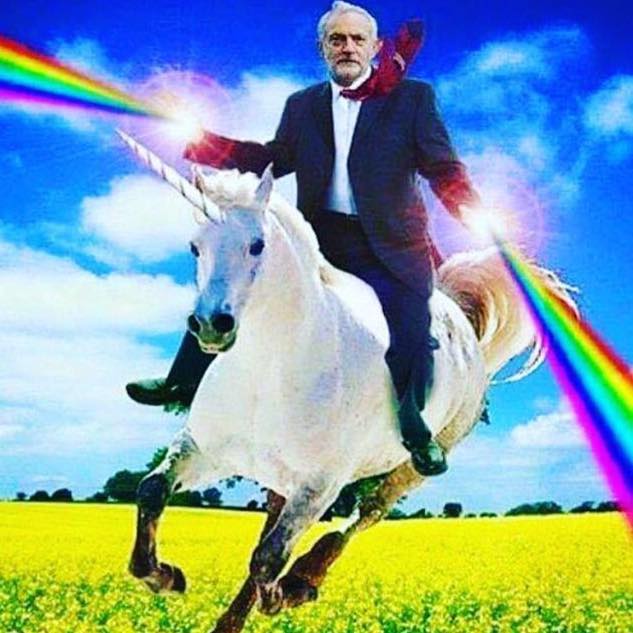 |
| What might have been... |
At a recent neighbourhood meeting, several people made the comment “it feels as though the world is coming to an end.” Another comment heard more than once: “it seems that everyone has gone mad.”
How do we get out of this mess, when all the world seems mad and coming apart?
1. Barbarians at the gate. A less civilized, less decadent, more unified force appears from beyond the margins, and establishes some new order. This was the Arabs in the decline of the Sassanid Empire, the Muslims in the case of the Byzantines, the Manchus in China.
But in the present case, it seems to me there are no barbarians left. There are no more margins. Possibly an enthusiastically Christian Africa, or a newly liberal-democratic Eastern Europe, relatively recently emerged from the old margin of the Iron Curtain. Or conceivably, after regime collapse, a China animated by new ideals of liberal democracy, Christianity or Falun Gong.
2. The man on a white horse. A commanding figure that the people in general feel they can trust, who seizes or is given dictatorial power to crack heads and restore order. There has clearly been a craving for this in recent years. This was the appeal of Trump in 2016, of Duterte in the Philippines, of Xi in China. This is supremely dangerous: this is also Hitler, Napoleon, or Robespierre. On the other hand, sometimes it turns out reasonably well: a DeGaulle, for example. Kenyatta, Mandela.
In the present case, is there anyone on the horizon, at least for the US, the most important country? If it is to turn out well, the man on the horse must appear to both sides to be at least an honest broker, to be generally respected if not loved. This leaves out Trump; too clownish. He hardly any longer looks like a way out of chaos.
In Canada, Trudeau was probably elected for this role, and has certainly been trying to seize autocratic if not dictatorial powers. But he too, now looks like a cause of chaos, not a solution.
LePen might pull this off in France. Meloni may do it in Italy. It may help to be a women. Men are accustomed to defer to women and give them the benefit of the doubt. But it has to be a woman who looks decisive as well, a Thatcher. Kamala Harris does not seem able to fit this bill; she does not inspire respect at all. The craving for a firm hand probably snagged Truss the British premiership; but it seems she moved too fast to soon. Or blinked.
RFK Jr. might fit this role; he is more or less the American equivalent of Justin Trudeau circa 2015 in terms of candidate image. It helps that he is coming from outside politics. It helps that he evokes nostalgia for a more ordered time with his very name. (Although the Sixties were really not well ordered, they seem so in retrospect.) His campaign for the Democratic nomination may go better than expected. He might win the presidency; and that might be good or bad, depending on his character; but working against him is Democratic party backroom that rigs the system against mavericks.
3. Revolution or civil war. Tim Poole speaks of this often. He has experience of revolution and civil war. He may be right.
This too has obviously happened before. Usually it turns out badly, sometimes it turns out well. When it turns out well, it is because there is a competent and organized opposition able to take power. Is there such an uncompromised sector of US or Western culture?
Not the church. Not the corporate world. Not the military. Not the civil service. All have now been compromised, and seem part of the problem. I think we’re in trouble if this happens. Worse chaos likely ensues.
4. One can fantasize, at least, about God intervening. Not necessarily descending on clouds of glory to judge the living and the dead; perhaps through a religious revival. We have seen the Asbury revival recently. Is there a spark? Is there kindling?
Possible historical examples of this working are Christianity in the Roman Empire; or the Chosun (Joseon) Dynasty in Korea, which replaced a decadent Buddhist zeitgeist with Confucian rigor. A seemingly decadent and disunited Britain at the end of the eighteenth and beginning of the nineteenth centuries, having lost its first empire, and shaken by the French, American, Chartist, and Irish revolutions, seemed then to pull itself together under the invigorating influence of Victorian morality, Methodism, and the social gospel.
Here's hoping for option four.












No comments:
Post a Comment